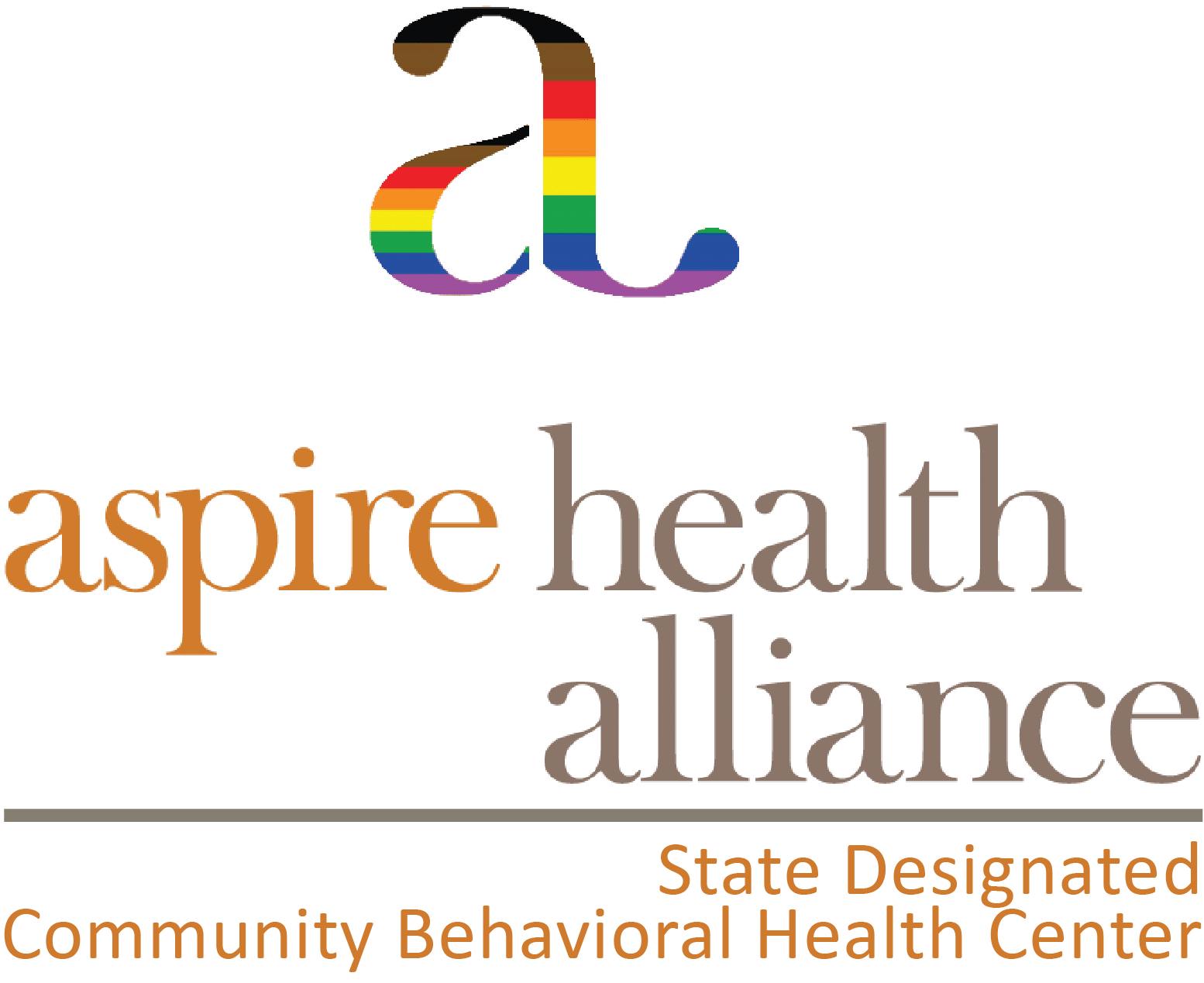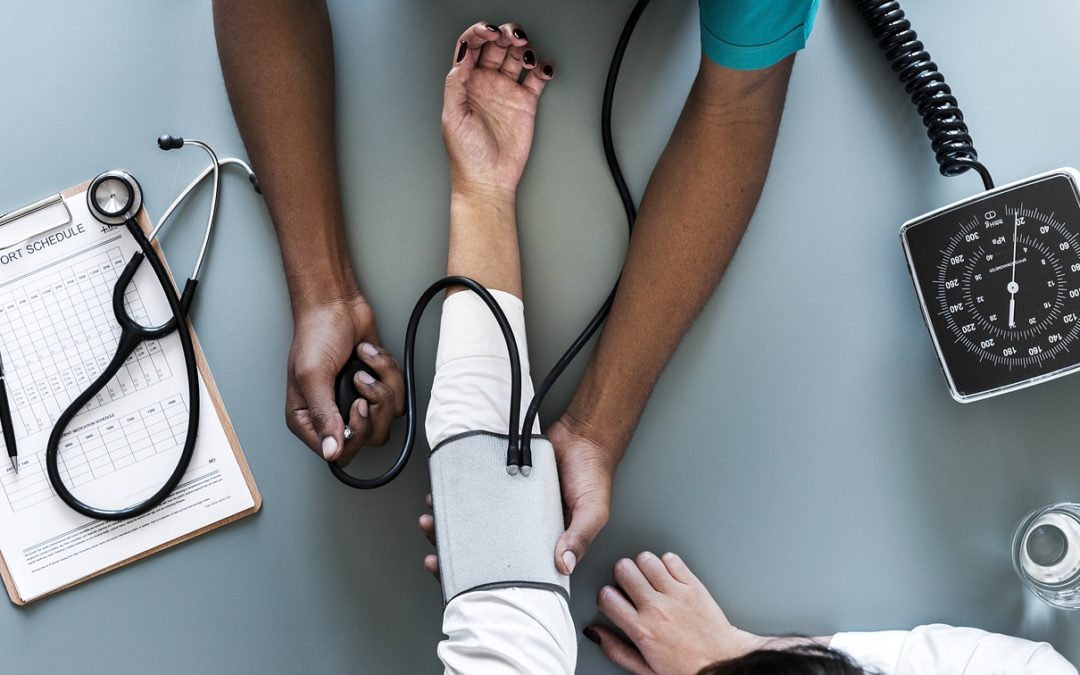“Watchful waiting” is a familiar concept in health care. You know someone has a test result that is off or symptoms that might or might not indicate a condition, so you watch and wait for the time when it might be right to try a medical intervention of some sort. Even when a diagnosis is certain, watchful waiting might be the right approach. For instance, many men with prostate cancer are not symptomatic and the disease can have a very slow progression. In patients in their senior years, it can be better to watch and wait than to go straight to invasive treatment that may put the patient at greater risk than the disease itself.
A lot of people are practicing watchful waiting in life generally at the moment.
Watching new leaders of organizations and waiting to draw conclusions about where things are headed, for instance.
Watching the news and waiting to see how elected officials are responding to some of the hot issues.
Watching their paychecks and waiting to see if dollars actually will trickle down as promised.
Watching what’s happening with their kids’ schools and waiting to see if things are going to get better.
Watching the national health care discussion and waiting to see if there’s any hope they can afford insurance.
Watching the DACA debate and waiting to see if people they care about will still be able to work and reside legally in a couple of months.
You don’t have to listen to much news or dip long into an online forum to hear the pain in people’s waiting. In fact, people are getting tired of watching and waiting. They live with these various pains in their lives but do not feel empowered to do anything about them. The tone of public discourse degrades, perhaps as a reflection of the unattended pain underlying the conversation.
As I watch and wait, I also hope and pray leaders will do the right thing—the just thing—to reduce people’s pain and not to increase it.


